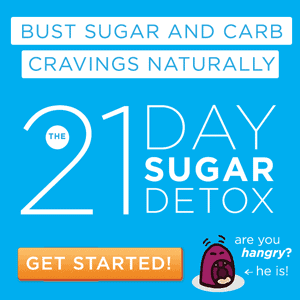SWEET DRINKS: SUGAR MAIN SOURCE FOR OUR BODY
While in 1900 the average sugar consumption was about 2.27 pounds per person per year, at present, the statistics show that we consume about 81 pounds per person per year! An astounding finding, the consequences flowing into the world rise in obesity, increased diabetes type diseases, etc.
One of the main reasons for this high sugar consumption is partly the consumption of sugary soft drinks has exploded in recent decades. Thus, sugary drinks have become the main source of sugar in our diet, representing on average 10% of the daily energy needs of an individual (which is obviously too!).
RISKS RELATED TO EXCESSIVE CONSUMPTION AND SOFT DRINKS SOFT DRINKS SWEET RISK OF OBESITY
Beverages known as "fruity" provide no micro-nutrient (or vitamins, or minerals). Nutritive value of substantially zero, they contain mainly water and sugar added in the form of high fructose corn syrup. This is called a calorie "empty."
In addition, they bring us sugar quantity too high relative to our needs. An average of a single bottle of sugary drink 490 ml size (size), up to 12 teaspoons of sugar, representing a total of 200 to 240 calories! These drinks are true "liquid candy" so regular consumption of these drinks is a real problem facing the prevalence of obesity.
According to studies, consumption of at least one sugary drink per day in adults results in a 27% increase in the risk of obesity or overweight. While in children, the daily consumption of at least one sugary drink increases the risk of overweight 60%.
RISK OF DIABETES AND HEART DISEASE (CORONARY HEART DISEASE)
The consumption of sugary soft drinks is also linked to an increased risk of diabetes. According to studies, the consumption of at least one sugary drink per day for adult enough to double the risk of diabetes.
The consumption of these drinks is also associated with heart disease, such as heart disease that cause impairment of blood flow through the arteries obstruation. Thus, the consumption of at least one sweet drink per day for adults would result in a 40% increase in the risk of coronary heart disease.
RISK OF OSTEOPOROSIS
To fizz, industrial added in beverages phosphoric acid. This acid tends to burn our bowels and upset the balance of our organization, particularly in terms of calcium. However, calcium is necessary for our body to restore proper pH balance in the blood or strengthen our bones. Many studies have confirmed the link between the consumption of drinks' type Cola "and bone fractures (Journal of Adolescent Health, 1994). The presence of phosphoric acid can therefore lead to the weakening of the skeletal structure and thus to osteoporosis.
Stop Sugar addiction !
The 21-Day Sugar Detox is for you if you want…
… to kick your sugar cravings to the curb, for good!
… to look better, feel better and think more clearly.
… to experience more accountability and individualized support.
… to embark on this journey together with your family.
… to clean up your diet to and reach the next level with your athletic performance
– I’ve got modifications just for you!
… to grow a healthy baby and have a healthy pregnancy, but are tentative about embarking on this journey alone. You will feel more confident knowing what to expect through each trimester a nd of course, when the baby comes!
… guidance on how to kick sugar cravings with an autoimmune condition.






